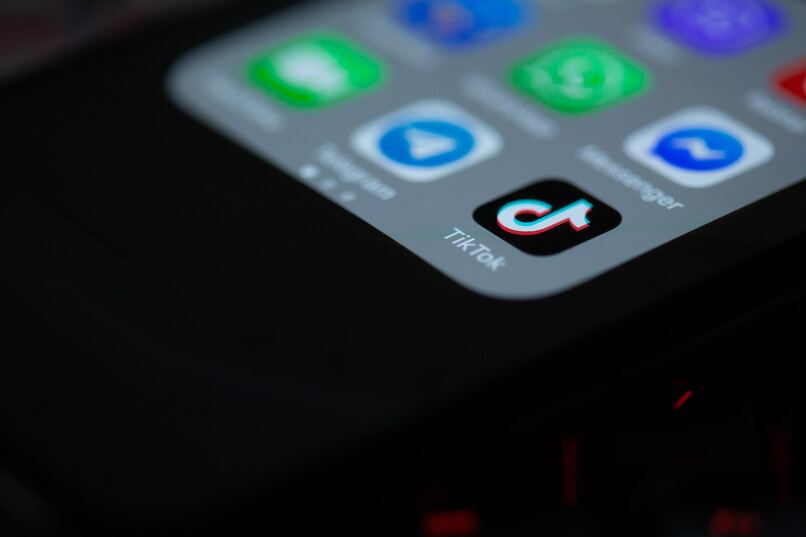NYC Bans TikTok on Government Devices

New York City has officially prohibited the use of the widely popular social media app TikTok on all government-owned devices, effective immediately. This decision, influenced by a series of alleged security concerns with the app and its possible ties to the Chinese government, mandates all city agencies to uninstall TikTok within the next 30 days.
The ban follows a review by the NYC Cyber Command, which identified TikTok as a potential security threat to the city's technical networks. "While social media is great at connecting New Yorkers with one another and the city, we have to ensure we are always using these platforms in a secure manner," a New York City Hall spokesperson said in a statement to The Verge. They further emphasized that the NYC Cyber Command is continually exploring measures to safeguard New Yorkers' data.
This move by New York City is in line with the US Office of Management and Budget guidelines, which discourage the use of TikTok on government devices. Several US states have already implemented similar bans, with New York state having done so back in 2020. In addition, federal legislation looking to ban the app nationwide was passed earlier this year.
Globally, TikTok has faced restrictions and bans due to concerns about its parent company, ByteDance, possibly spying on its users. There are also apprehensions about the app's potential to share user data with the Chinese government. Reports from Forbes have highlighted ByteDance's plans to monitor US users' locations and the previous affiliations of several TikTok and ByteDance employees with Chinese state media outlets.
In defense of these allegations, TikTok CEO Shou Zi Chew, stated during a congressional hearing in March that he has seen "no evidence" of Beijing accessing user data. He also mentioned the company's ongoing efforts to construct a firewall to protect US user data from foreign access.
The decision by New York City adds to the growing scrutiny TikTok faces, especially in the US, and raises questions about the app's future and its relationship with the Chinese government. As the debate continues, it remains to be seen how other jurisdictions will respond and what implications this will have for the global tech industry.



Please, comment on how to improve this article. Your feedback matters!